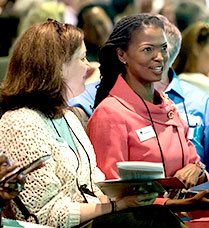Teach Reading Skills with Student-Generated Questions
When faculty see students missing information from a reading, they generally assume that the student did not read the article carefully. However, it might be that the student does not know how to read an academic work. Faculty know how to read because they would





